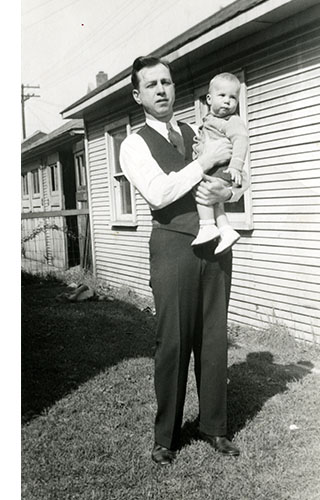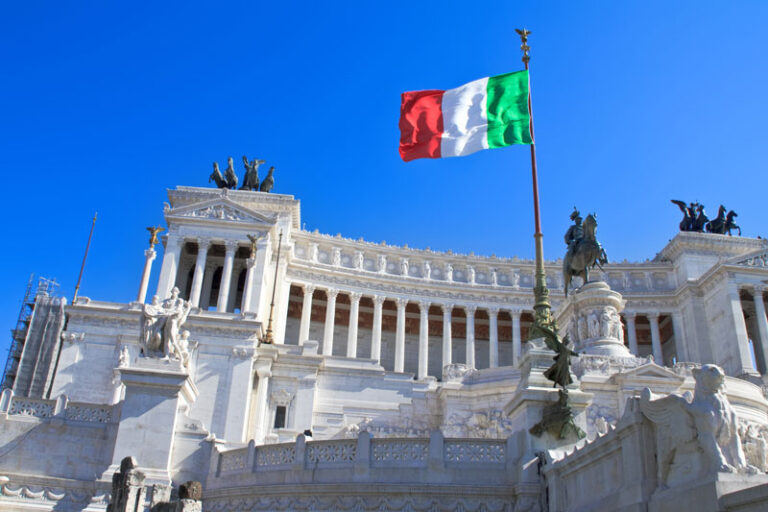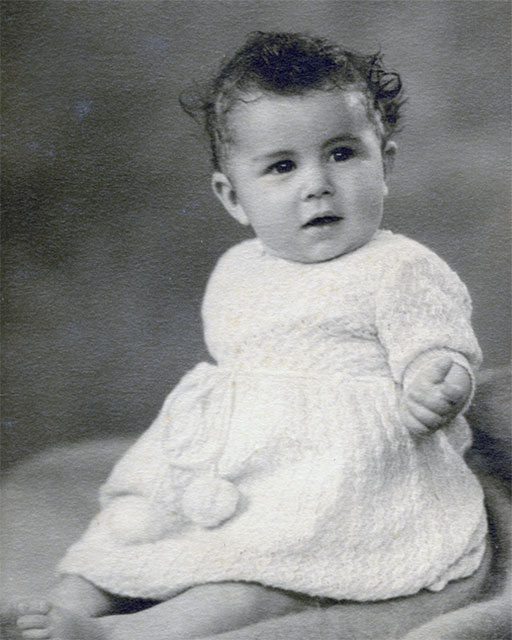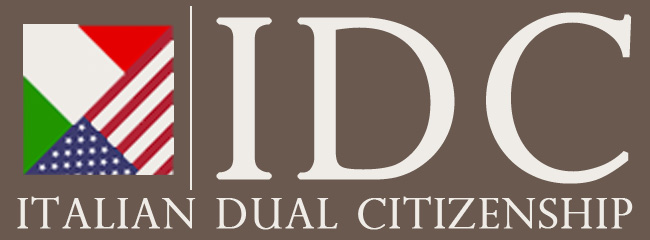
Applying to become a citizen in Italy is not easy. You have to take so many different details into account, gather more than a few documents, and worst of all — you need patience. At least 90% of the time, the process of acquisition can take years.
Of course, not all application reviews have the same processing time. It all really depends on how you decide to apply. Some people, for instance, apply by means of their Italian descent. Others try to gain citizenship by marriage to an Italian spouse. And, naturally, there are people who try both methods at once. But how different are they? And, more importantly, if you have the option to choose between them, which one should you take?
Thus far, we have provided you with plenty of articles that analyze different paths to gaining the status of an Italian citizen. However, for this occasion, we will cover how applying by descent is different from applying by marriage. More importantly, we will go over everything you might need before you can apply. The article itself will be divided into several subsections, each covering how the two methods work and how you should go about using them.
Who Can Apply for Citizenship in Italy?
Application by Descent
Application by descent, or jure sanguinis, can be done under certain circumstances. For example, let’s say that your ancestor was born in Italy, but never naturalized. Alternatively, maybe they naturalized after the child was born. Also, this ancestor (or any before them) has never formally renounced their legal right to be an Italian citizen at any point during their life. If these circumstances apply to your own ancestry, then you’re eligible to have a go at getting citizenship.
There are some particulars you should pay attention to. For example, was there a woman in your direct lineage who gave birth to a child, but she herself was born outside of Italy before January 1, 1948? If that’s the case, then the government might deem you as unable to qualify to become a citizen. However, you might still go to your local consulate and pursue citizenship through the Italian court system.
As is the case with all laws and rules, the ones we’ve listed above come with their own set of exceptions. For example, you might not be able to apply for citizenship through a consulate if your male ancestor somehow naturalized before his child was born. This male ancestor also has to be born abroad for this situation to happen. Of course, just like with the case of female ancestors, you can try the court system through a 1948 case. After all, before 1948, each woman in Italy gained her husband’s citizenship by simply marrying him.
Application by Marriage
If your spouse is already a citizen and you both reside in Italy, you can apply for citizenship as well. But keep in mind, you can only do it after 2 years from the original date you were married or officially got into the civil union. The process is the same for both regular and same-sex couples. On the other hand, if you two reside outside of Italy, the waiting period is 3 years. However, the number of years is cut in half if you happen to have one or more children that are under the legal age of 18.
For those of you who reside abroad, make sure that your native partner is registered with the AIRE. Moreover, you need to have your marriage record registered. This progress goes through the Italian consulate whose jurisdiction includes your place of residence.
We should note that you can get citizenship automatically if you married an Italian husband before April 27, 1983. Of course, the government will no longer consider you a citizen if you divorce said husband at any point before that date. On the other hand, any divorce after that date will not result in you legally losing citizenship. In fact, the process of you applying by marriage will be even easier if that’s the case.
Where Can You Apply?
Application by Descent
If you want to apply by descent, you will need to file a specific application. You can do that either at a proper consulate or directly at a municipality in Italy. The process will go a lot smoother if it’s a municipality where your direct ancestors are from.
Application by Marriage
Unlike applying by descent, this method occurs in two distinct phases. Let’s quickly cover both of them.
The first phase involves getting all of the necessary documents, which we will cover shortly. Once you have them all, upload them to the online portal of the Italian Ministry of the Interior.
The second phase depends on where you reside. For example, you might happen to live outside of Italy. If so, you will get a call from the proper Italian consulate so you can submit verified copies of each document. The consulate will be the same one where your native partner happens to be registered with the AIRE.
Of course, the process is slightly different if you already have a residence in Italy. In that case, simply submit all the paperwork at your local prefecture or prefettura.
What Documents Do You Need?
Application by Descent
There’s a set of documents you will need before applying to become a citizen by descent. You can send those documents either to the consulate or the specific municipality where you intend to live. You will need certified copies of some vital records of your family. Said documents include:
- Birth certificates
- Death certificates, if applicable
- Marriage and/or divorce certificates, if applicable
- Naturalization records proving you have an Italian ancestor (alternatively, you might need proof that the ancestor never naturalized)
Before handing the documents over, you will need to get someone to legalize them with apostilles. In addition, hire a translator so that they can properly translate all of the relevant documents into Italian.
Application by Marriage
If you apply for citizenship by marriage, you will need a whole different set of documents. Two key elements that you need for this process are a certificate of Italian language competence and a lack of any past criminal records.
In terms of language, people who have Italian descent, oddly enough, don’t need to speak it. If you apply by descent successfully, the Italian government will consider you a citizen by birth despite not knowing a word of their language. It’s a whole different matter when you try to apply as a non-Italian spouse.
All foreigners, by marriage or otherwise, have to speak a certain level of Italian before they can apply to be a citizen. The Common European Framework of References and Languages states that the minimal level for any potential citizen should be B1. This language competency certification has been approved by CLIQ, or the Italian Quality Language Certification, all the way back in 2013.
Aside from knowing the language, you also need proof that you didn’t commit any criminal acts during your adult life. US citizens can issue a complete background check all the way back to when they were 14 years old (in their current place of residence). Institutions like the FBI tend to perform these checks.
As a married individual, your Italian spouse will have to get an official, certified copy of your marriage certificate. Normally, these are issued in the same municipality where the spouse is registered with the AIRE.
The last document you’ll need is an official copy of your certificate of birth. Before you hand it over, make sure you get it legalized and translated into Italian. Specific requirements about these processes will likely depend on which country of origin the birth certificate was first issued in.
What Is the Processing Time?
Application by Descent
Usually, the Italian consulate will have a 730-day limit to review an application and provide the applicant with a response. If you file your paperwork in an Italian municipality, the processing time is a lot shorter. All you need to do is establish residency as soon as you arrive in Italy, with proof that you can legally live in the property where you’re staying. Once you do that, the local authorities will verify whether you’re living in that property or not within 45 days of you issuing your application. Finally, when the local authorities verify your residency status, the municipality will get to reviewing your citizenship application. Normally, it will only take a few months, though the time might differ depending on each individual municipality.
Application by Marriage
The maximum processing time for an application by marriage is a lot longer than that of the application by descent, set at around 36 months or 3 years. However, it used to be even longer, totaling 48 months back in 2018.
Final Thoughts
Hopefully, this article has helped you understand some of the major differences between applying to be an Italian citizen by marriage and applying by descent. However, if you would like to know more, feel free to give us a call for any further inquiries.





